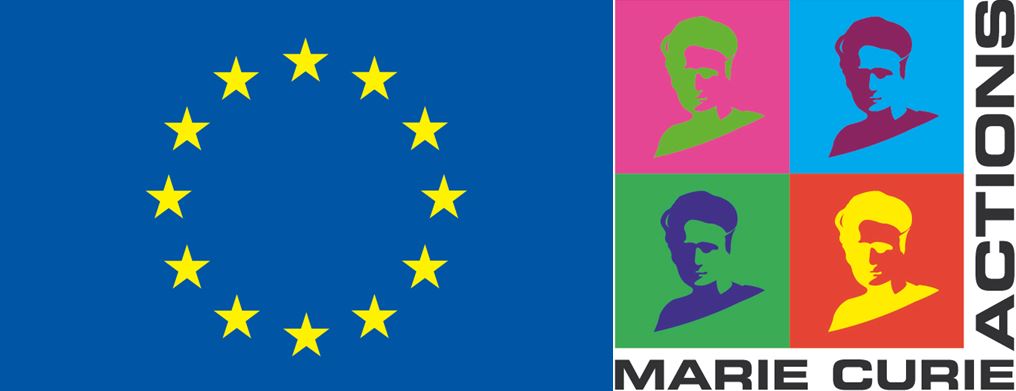ROSETTA

Project summary
Resistance and cancer progression remain a major obstacle to the successful treatment of cancer. In HER2+ breast cancer, the development of targeted therapies such as trastuzumab, has revolutionized the treatment for these cancer patients. However, a significant number of patients develop resistance. The goal of this research is to provide a new focus to the challenge of resistance by deciphering the impact of glycosylation on resistance to HER2-targeted therapies. Aberrant glycosylation of proteins, including acquisition of unconventional N-glycosylation sites, is a hallmark in cancer and has been linked to multiple processes such as invasion of other tissues by tumor cells, tumor-induced angiogenesis, and immune response modulation. The receptor HER2, the main driver of HER2+ cancers, is heavily glycosylated and is the target of current antibody-based treatments, including trastuzumab. In this setting, this proposal aims to (1) identify glycosylation-related genes associated with incomplete pathological response to trastuzumab to (2) dissect their role on trastuzumab binding and (3) assess their impact in the response to trastuzumab mediated by immune cells. This research will be accomplished by combining the analysis of clinical data from tumor biopsies with the use of trastuzumab-resistant tumor-derived breast cancer cell lines and implementation and imaging of 3D heterotypic cultures of cancer cell line-derived spheroids that also contain immune cells. Thus, this proposal addresses a largely unexplored layer of complexity in cancer biology, holds the potential to identify new biomarkers of response to therapies and open the path to improved or new therapeutic options of current treatments.
Impact
Using a multidisciplinary approach, the proposed research holds the potential to reveal not only new biomarkers for response to targeted therapies in HER2+ breast cancers, but also open new directions in the development of new and more specific therapies to improve future treatments based on glycan-specific antibodies and/or small molecules for specific glycosyltransferases, which are upregulated in cancer. Aberrant glycosylation may provide a novel and unique opportunity for clinical intervention.
More detailed information
Principal Investigator:
Ana Ruiz-Saenz
Role Erasmus MC:
Coördinator
Department:
Cell Biology
Project website:
Funding Agency:
Horizon 2020/ Marie Sklodowska-Curie Individual Fellowship



